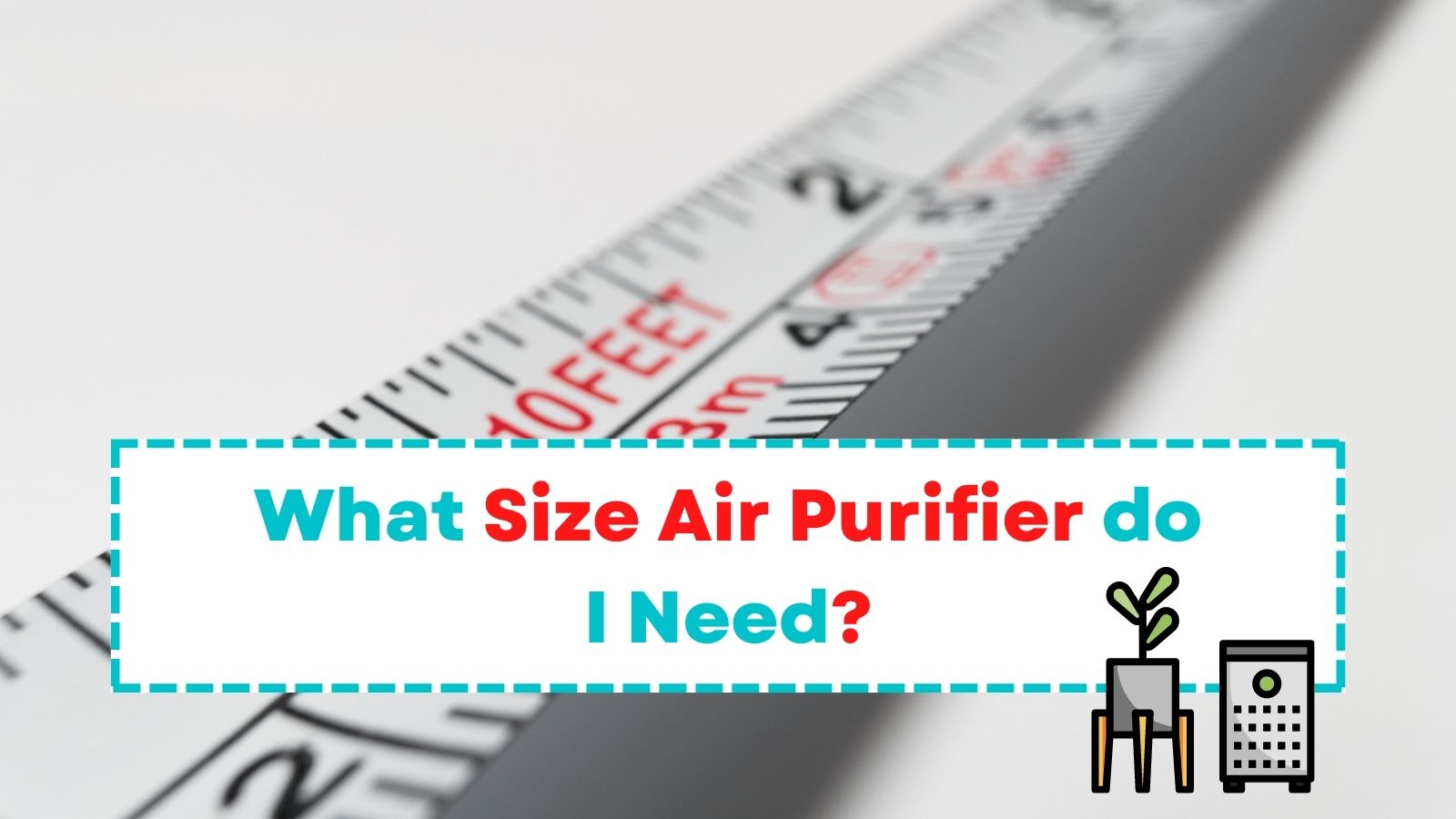When it comes to choosing an air purifier, one of the most important factors to consider is the size of the unit. The size of the unit will determine the amount of air that can be purified and the efficiency with which it can do so.
How to choose air purifier size?
The size of the air purifier you need will depend on a few factors, including the square meters of the room or area you want to purify and the specific needs of your home. For example, if you have allergies or asthma, you may need a larger unit to accommodate your needs.
To figure out the square meters of the area you want to purify, simply measure the length and width of the room in feet. Once you have that number, multiply it by the height of the ceilings in the room. This will give you the total square meters of the space.
When you know the square meters of the space, you can start to look at air purifiers. It’s important to choose an air purifier that is designed for the specific size of your room. If you choose a unit that is too small, it won’t be able to effectively purify the air in your space.
What size air purifier should a bedroom have?
The size of the air purifier you need for your bedroom or other room depends on the square meters of the room. If you have a small space, such as a bedroom or office, you may only need a compact air purifier. These units are typically designed to clean the air in rooms up to 20 square meters. If you have a larger space, you may need a mid-sized or large air purifier. These units are designed to clean the air in rooms up to 60 square meters.
The most important thing to remember is that the unit should be able to cover the entire room in which it will be used.
What else is important to consider when choosing an air purifier?
When choosing an air purifier, it’s also important to consider the specific needs of your home. If you have pets, for example, you may want to choose a unit that includes a HEPA filter to help remove pet dander from the air.
If you have allergies, you may want to choose a unit with multiple filters to help trap allergens. And if you have asthma, you may want to choose a unit with an ionizer to help reduce triggers in the air.

Leave a Reply
You must be logged in to post a comment.